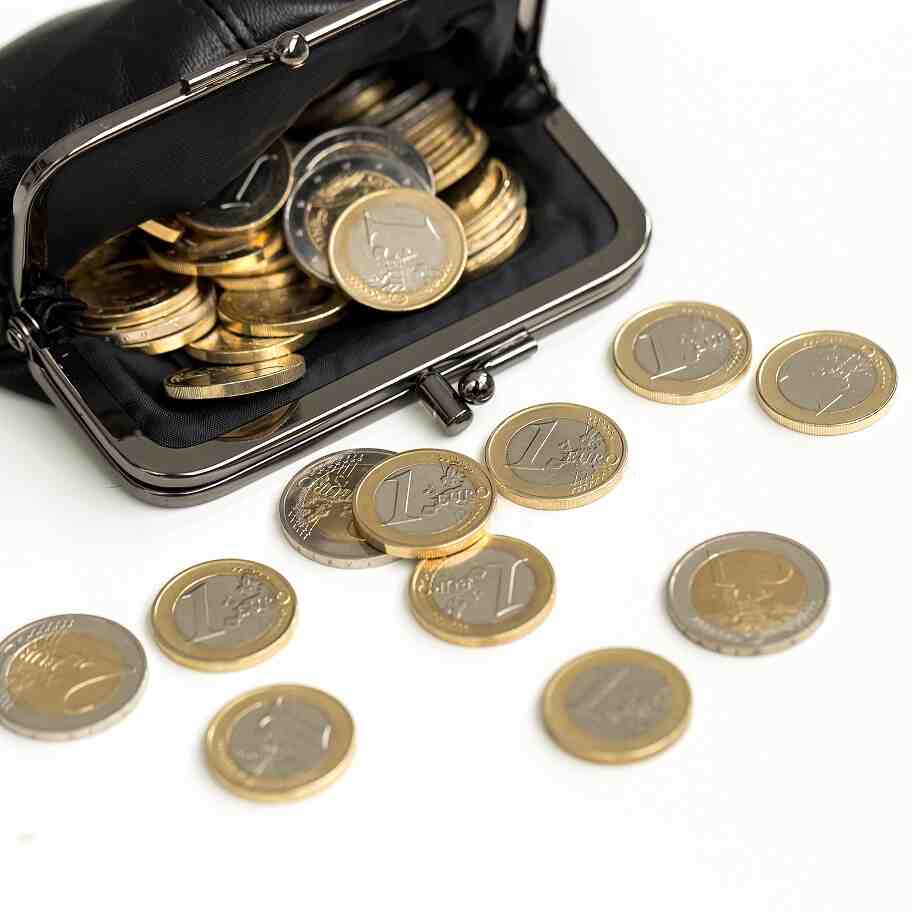The Importance of Regular Backup for Wallets
In the world of cryptocurrency, your wallet serves as the key to accessing and managing your digital assets. Without it, your funds are effectively inaccessible. While crypto wallets are designed to offer high levels of security, they are not immune to potential risks like device failures, accidental deletion, theft, or hacking. This is why backing up your crypto wallet is an essential step in protecting your assets. In this article, we’ll explore why regular backups for wallets are crucial and how they can help safeguard your cryptocurrency investments.
What is a Crypto Wallet Backup?
A crypto wallet backup typically involves saving a copy of your wallet’s private keys, recovery phrase, or seed phrase in a secure location. The private key is the most sensitive piece of information associated with your wallet—whoever has access to it can control your crypto funds. The recovery phrase or seed phrase is a set of words that acts as a backup for your private keys. This phrase can be used to restore your wallet in case of loss or damage to your original wallet.
Backing up your wallet ensures that, if something goes wrong, you have a secure way to recover access to your funds without losing everything.
Why Regular Backups Are Critical
1. Protecting Against Device Failures
One of the most common risks to your crypto wallet is the failure of the device you store it on. Whether you’re using a mobile phone, computer, or hardware wallet, these devices are prone to malfunction, accidental damage, or theft. If your wallet is stored on a single device and that device becomes compromised, you could lose access to your crypto assets permanently.
By regularly backing up your wallet, you ensure that you can restore your private keys or recovery phrase to a new device if the original one fails. This allows you to maintain control of your funds and prevent them from being lost due to an unforeseen device issue.
2. Mitigating the Risk of Accidental Deletion
It’s easy to make a mistake, especially when managing complex information like private keys or seed phrases. Accidental deletion or overwriting of your wallet files could result in permanent loss of access to your funds. Whether it’s through a wrong click, software error, or human error, these kinds of accidents can happen.
Regular backups provide a safety net. If you ever lose your wallet or accidentally delete its contents, you can restore your wallet from a previous backup, minimizing the chances of losing your funds.
3. Preventing Loss Due to Theft or Hacking
While backing up your wallet isn’t a direct method of protecting against hacking, it can help you recover your assets if your wallet is stolen. If a hacker gains access to your wallet, having a backup allows you to quickly transfer your funds to a new wallet and minimize the potential damage.
However, it’s important to note that if your backup is compromised along with your wallet, the thief could still access your funds. Therefore, you must keep your backup in a highly secure location, separate from your original wallet, and take precautions to prevent unauthorized access.
4. Recovering From a Lost or Forgotten Password
Many crypto wallets are protected by passwords to prevent unauthorized access. If you forget your password or lose access to it, a backup can save you from the frustrating and potentially devastating consequences. Some wallets offer the option to reset your password using the recovery phrase or private key, but only if you have a backup.
Without a backup, losing your password could result in permanent loss of access to your wallet. By ensuring you have a regular backup, you can always restore access, even if you forget your password.
5. Security in Case of a Computer or Software Update
Sometimes, operating system or software updates can cause unexpected issues, including data corruption or loss. If you update your computer, phone, or wallet app and something goes wrong, you may find that your wallet is no longer accessible or has been corrupted.
A backup allows you to restore your wallet to its previous state, providing peace of mind that you won’t lose your crypto funds due to an update-related problem. Keeping backups of your wallet ensures that you’re not reliant on a single version of the software or device.
Best Practices for Crypto Wallet Backups
Now that we understand why regular backups are crucial, it’s important to know how to do them properly. Here are some best practices for securing your crypto wallet backups:
1. Use Multiple Backup Locations
The more locations you have your backup stored, the less likely you are to lose it. Don’t rely on a single copy of your wallet backup, as it could be damaged, stolen, or lost. Consider using multiple backup methods and storing them in different, secure locations.
For example, you might store one backup on a hardware wallet (if you’re using one), another on an encrypted USB drive, and a third written down on paper and kept in a safe deposit box. Each of these backups should be protected by strong security measures.
2. Avoid Cloud Storage for Sensitive Information
While cloud storage is convenient for everyday file storage, it’s not the safest option for backing up sensitive information like your wallet’s private keys or recovery phrases. Cloud storage services can be vulnerable to hacking or data breaches. If you must use the cloud, ensure the backup is encrypted with strong encryption software before uploading it.
3. Encrypt Your Backups
Encryption adds an extra layer of protection to your backups. Even if someone gains access to your backup files, they won’t be able to read or use the information without the encryption key. Always encrypt your wallet backups, whether they’re stored on a USB drive, hard drive, or paper.
There are several encryption tools available, such as VeraCrypt, that can help you secure your backups with strong encryption algorithms.
4. Store Paper Backups Securely
If you choose to write down your recovery phrase or private key on paper (which is common for cold wallets), be sure to store the paper in a safe place. Avoid leaving it in easily accessible areas like your desk or wallet. A fireproof safe or a bank’s safe deposit box are ideal locations for paper backups.
5. Test Your Backups Regularly
A backup is only useful if it works when you need it. It’s essential to test your backups regularly to ensure that you can restore your wallet successfully. This is especially important if you make updates to your wallet or change your backup method. Try restoring your wallet from the backup and confirm that you can access your funds.
6. Keep Your Backup Information Confidential
Your wallet backup is as sensitive as your private key. If someone gains access to your backup, they can access your funds. Never share your backup information with anyone, and ensure that it is kept private and secure. Only share it with trusted individuals in exceptional circumstances (such as a family member in case of emergency).
Conclusion
The importance of regular backups for crypto wallets cannot be overstated. By backing up your wallet regularly and following best practices for secure storage, you can protect your assets from loss due to device failure, accidental deletion, theft, hacking, or other unforeseen circumstances. Always store your backups in multiple, secure locations, and ensure they are encrypted to maximize security. In the unpredictable world of cryptocurrency, a reliable backup is your safety net, providing you with the peace of mind that your funds are protected, no matter what happens.











